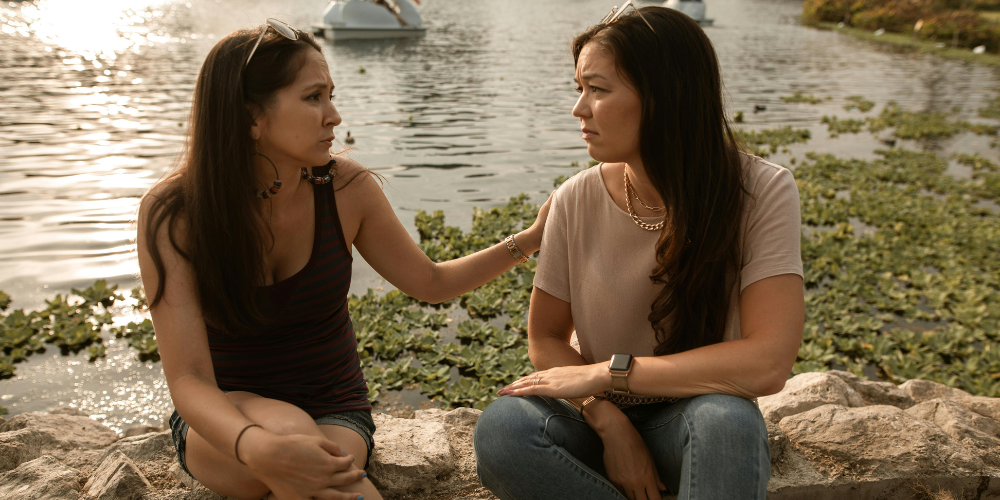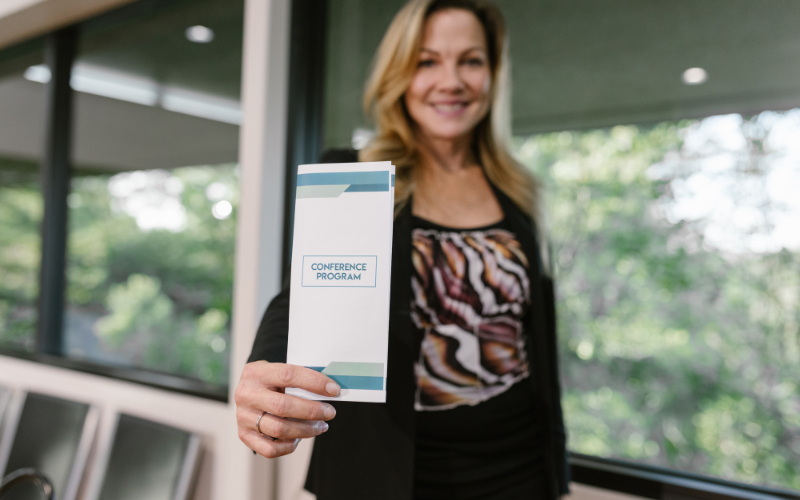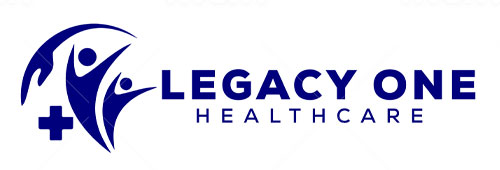When someone you love is struggling with opioid addiction, it can feel overwhelming, heartbreaking, and confusing. You may want to help but feel unsure of what to say—or afraid of saying the wrong thing. This blog offers a compassionate guide to recognizing addiction, preparing to talk, and supporting your loved one in a healthy, effective way.

Recognizing the Signs of Addiction
Addiction doesn’t always look the way we expect. It often hides behind everyday stress, isolation, or subtle changes in behavior. Look for:
- Sudden mood swings or irritability
- Withdrawal from family, friends, or work
- Missing money, valuables, or unexplained financial issues
- Drowsiness, weight loss, or poor hygiene
- Secretive behavior or disappearing for long periods
If multiple signs are present, it’s time to consider having a conversation. Catching the problem early can save a life.
How to Prepare for the Conversation
Before you speak to your loved one, take time to prepare emotionally and practically.
Counseling can help you:
- Choose the right time: Find a calm, private moment when the person isn’t intoxicated.
- Stay calm: Practice staying grounded and open. Avoid entering the conversation from a place of anger.
- Educate yourself: Learn about opioid addiction and treatment options like Medication-Assisted Treatment (MAT).
- Have support: Talk to a counselor, support group, or addiction professional beforehand for guidance
This preparation helps you speak with clarity, care, and purpose.

What to Say—and What Not to Say
Words can either open a door or shut it. Here’s how to keep it compassionate:
- Say:
- "I’m worried about you and I care about your well-being."
- "You don’t have to go through this alone."
- "There are real options that can help you feel better."
- Avoid saying:
- "You’re ruining your life."
- "Just stop using already."
- "You should be ashamed."
Focus on support, not shame. Addiction is not a moral failing—it’s a medical condition.


Resources to Offer (Like Buprenorphine Clinics)
Don’t just urge them to get help—offer specific resources:
- Legacy One Healthcare Services — Call (412) 763-6296 to schedule a private consultation
- Local clinics that offer Buprenorphine, Methadone, or Naltrexone
- National Helpline: 1-800-662-HELP (SAMHSA)
- Recovery support groups like NA (Narcotics Anonymous)
Even small steps build a stronger foundation for recovery.
Caring Without Enabling
Loving someone with addiction doesn’t mean doing everything for them. It means:
Setting boundaries: Don’t lie, cover up, or make excuses for their behavior.
Encouraging accountability: Offer help when they show willingness to get better.
Taking care of yourself: Attend family support groups or speak with a therapist to manage your own mental health.
Remember: supporting recovery doesn’t mean sacrificing your peace.

You’re Not Alone—And Neither Are They
Talking to someone you love about addiction is incredibly hard—but it can be a turning point. With patience, compassion, and the right resources, you can be a part of their healing journey.
Call us at (412) 763-6296 or Schedule an Appointment with our caring team to discuss how we can help you or someone you love find a path to recovery.

